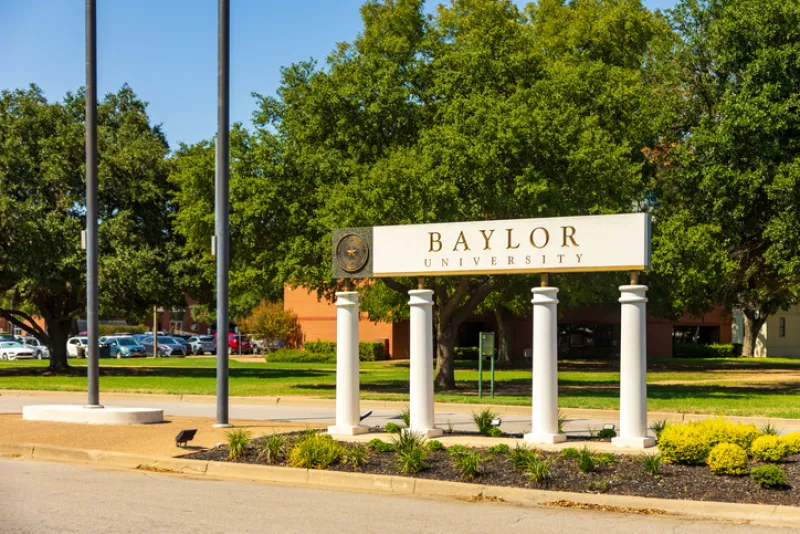
Baylor Eyes Malls, Marinas, and Megawatts to Grow Its Endowment
Dave Morehead is targeting equity investments with “a good shot of turning $10 million to $100 million” in 18 months to four years.
James Comtois
August 4, 2025



